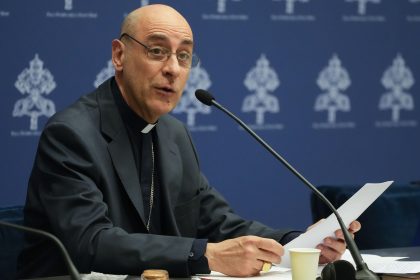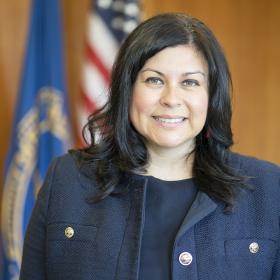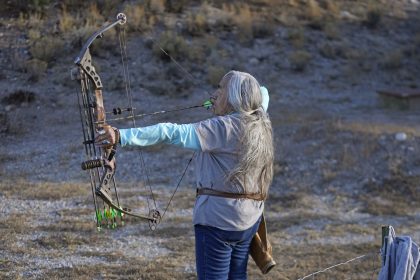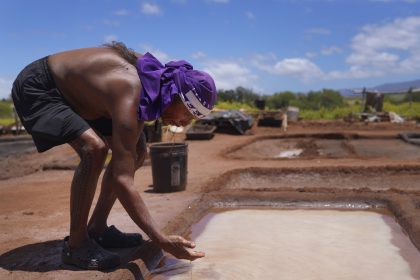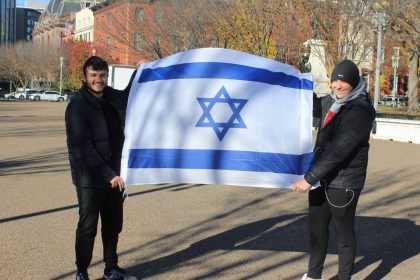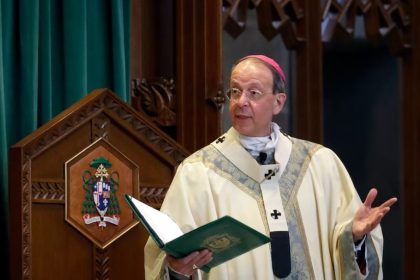Supreme Court Rejects Challenge to Limits on Church Services
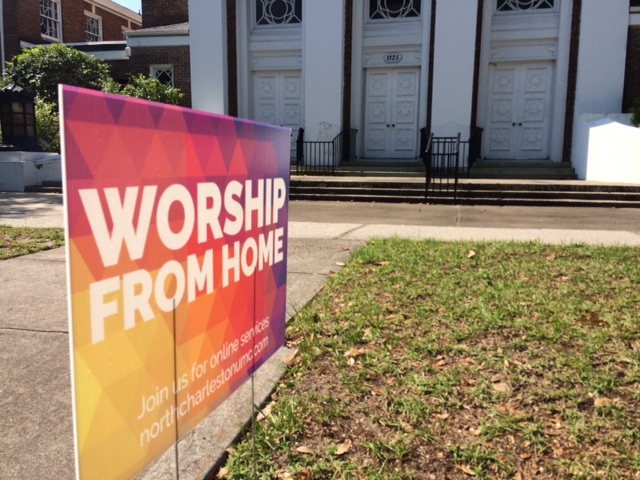
WASHINGTON – A divided Supreme Court rejected an emergency appeal by a California church challenging state limits on attendance at worship services imposed to contain the spread of the coronavirus.
Chief Justice John Roberts joined the court’s four liberals late Friday night in turning away a request from the South Bay United Pentecostal Church in Chula Vista, California, in the San Diego area.
The church and Bishop Arthur Hodges III were represented by the Thomas More Society, a national not-for-profit law firm, which had initially objected to California Gov. Gavin Newsom deeming churches “nonessential” and requiring them to close during the coronavirus pandemic.
After the case was submitted to the high court, Newsom pulled back, changing his ban to what the plaintiffs said was an arbitrary cap on the number of people allowed to gather at a church.
Attorney Charles LiMandri, serving as special counsel to the Thomas More Society, argued in legal briefs that limits on how many people can attend their services violate constitutional guarantees of religious freedom and had been seeking an order in time for services this past Sunday.
But a majority of the justices were unconvinced.
Roberts wrote in brief opinion that the restriction allowing churches to reopen at 25% of their capacity, with no more than 100 worshipers at a time, “appears consistent” with the First Amendment.
The chief justice also noted that similar or more severe limits apply to concerts, movies and sporting events “where large groups of people gather in close proximity for extended periods of time.”
In a stinging dissent, Justice Brett Kavanaugh wrote that the restriction upheld by the majority, “discriminates against places of worship and in favor of comparable secular businesses. Such discrimination violates the First Amendment.”
Kavanaugh went on to point to supermarkets, restaurants, hair salons, cannabis dispensaries and other businesses that are not subject to the same restrictions.
Lower courts in California had previously turned down the churches’ requests.
The court also rejected an appeal from two churches in the Chicago area that objected to Gov. Jay Pritzker’s limit of 10 worshipers at religious services.
However, Pritzker had already modified the restrictions to allow for up to 100 people at a time before the court acted.
“The disappointing ruling in the U.S. Supreme Court was a close 5-4 vote, based on the very high standards required for obtaining an emergency injunction on appeal,” LiMandri said after the ruling was handed down.
“This case is far from over,” the attorney continued. “Our next appellate brief is due in the 9th U.S. Circuit Court of Appeals on June 5. If it is necessary to go back up to the U.S. Supreme Court after the Ninth Circuit rules again, we will benefit from a much more favorable standard. We are hopeful that fact would also lead to a better result for religious liberty.”


















